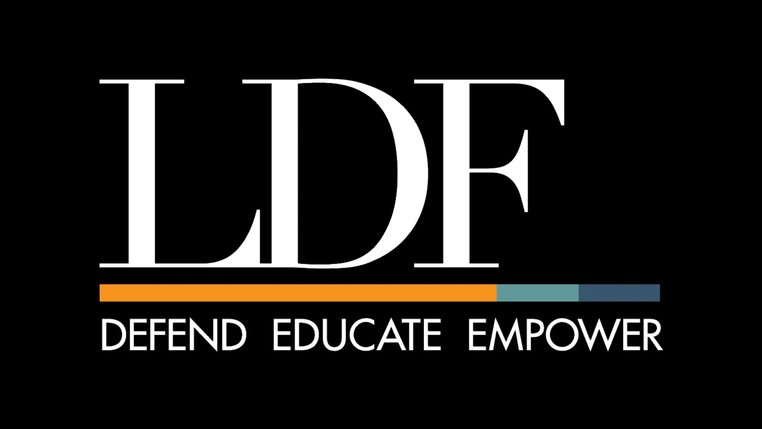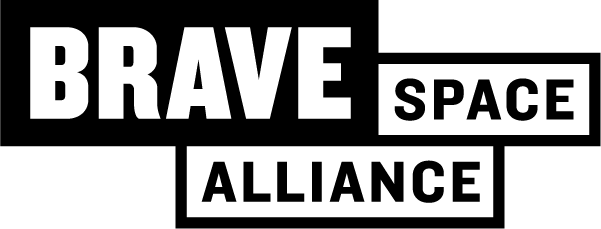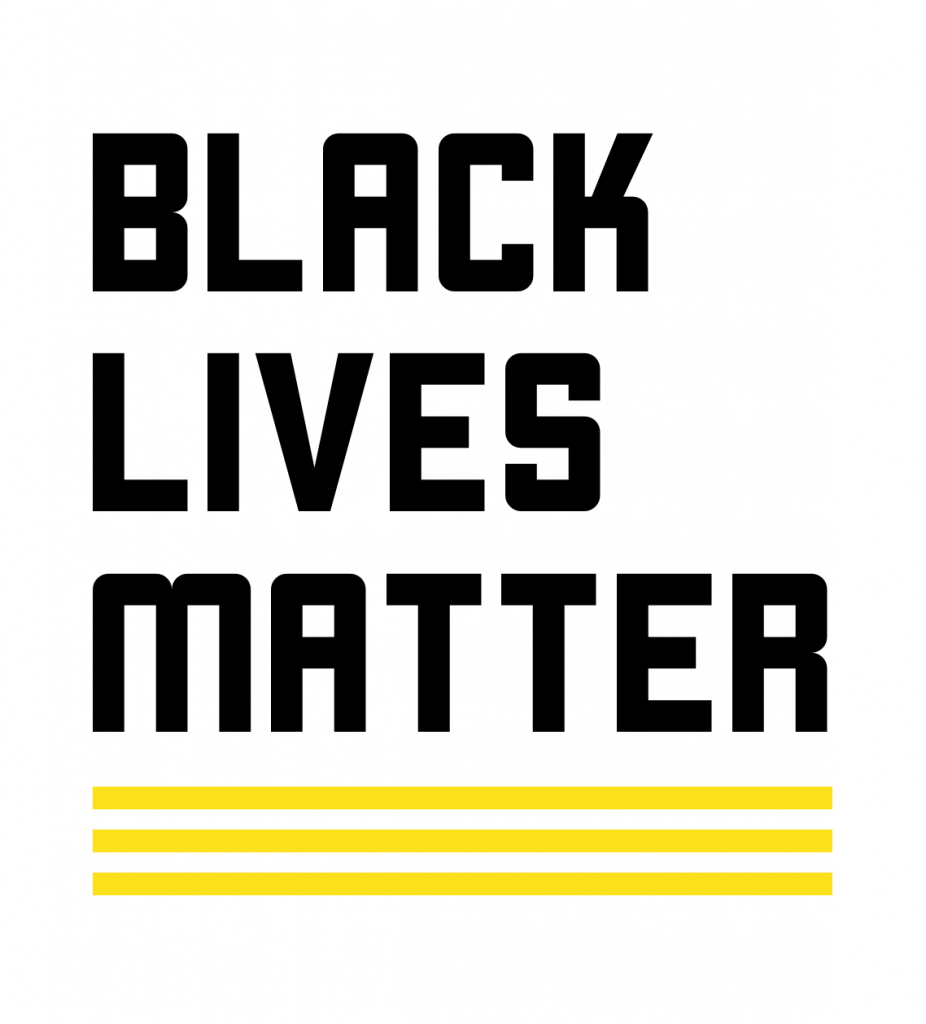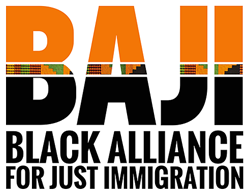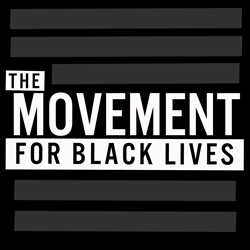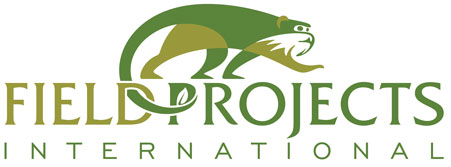
Dear friends of FPI,
Like any organization, business, or person of conscience, we unequivocally denounce racism in all of its forms and iterations, including and especially in regard to police brutality. We have been outraged by the murders of George Floyd, Ahmaud Arbery, Breonna Taylor, Tony McDade, and countless others who have senselessly lost their lives in a society that devalues their voice, contributions, and very existence. We must come together to do better, to change a culture that implicitly and explicitly sends this message, and to not let up until real, tangible progress is made. The simple truth is that Black Lives Matter. We should not only immediately address the systemic bias and police violence that impacts our friends, family, and fellow citizens, but we should also invest in their futures, paying special attention to inclusion and opportunity for the black community.
With this in mind, FPI is actively seeking ways to increase opportunities for aspiring black scientists to access the field biology training programs that we provide. In order to achieve this, we must bolster our efforts in several areas:
1. Funding. We are committed to establishing a specific scholarship fund for the purpose of better enabling black students to participate in our training and educational programs. We will pursue grants, donations, and other avenues to finance this effort. Such a fund is important because the costs of participating in international field programs can be prohibitive to many promising students of color.
2. Signaling. We must make sure that prospective black students see this as an opportunity meant for them. There is a risk of reinforcing stereotypical notions of who can and should pursue careers in science and conservation. Addressing this means not only highlighting our commitment to diversity and inclusion, but also making sure the image and materials that we publish reflect this desired diversity. Our message needs to be clear: field science is for everyone.
3. Recruiting. We pledge to reach out to black students, whether through our social media and online presence, or through our communications with schools and biology/anthropology departments. Creating new opportunities means little if we do not ensure that there is awareness and access to them.
4. Supporting. We will maintain and enhance our existing commitment to making certain that our field programs are safe and non-discriminatory. We recognize this as a goal requiring constant improvement. All participants in our field programs (including instructors, team leaders, and principal investigators) sign documents in support of this policy, and we have routes for reporting violations without negative repercussions to complainants. All reports are taken seriously, investigated, and addressed as warranted.
5. Elevating. We shall make a point to highlight the work and achievements of BIPOC scientists and conservationists, both in our educational programming and in our social media outreach. Not only do these contributions merit recognition, but they create paths and provide inspiration for others to follow in their footsteps.
In summary, we believe that the lack of diversity in field sciences is injurious to both the minority communities that are discouraged to pursue this career path, as well as to science itself, which can only benefit from greater access by talented individuals of all backgrounds and identities.
Sincerely,
Mrinalini Watsa, FPI president, co-founder, senior scientist
Gideon Erkenswick, FPI co-founder, senior scientist
Anjali Malik, Former FPI board member
Shreya Kothaneth, Former FPI board member
Patrick Osborne, FPI board member
Ben Lybarger, FPI outreach coordinator
Kassidy Kowchefski, FPI communications coordinator
June 21, 2020

Moving Forward
This fund will be used solely to create scholarships for future black scientists, naturalists, and conservationists to participate in our educational field programs. Persons of color are woefully underrepresented in the sciences in general, and this needs to change.
Food For Thought
How Green Groups Became So White and What to Do About It
“If environmental organizations want to become racially diverse, says sociologist Dorceta Taylor, they need to change the way they perceive people of color. In an e360 interview, she talks about how the conservation movement must transform itself to become more inclusive and effective.” (from Yale Environment 360)
Why Every Environmentalist Should Be Anti-Racist
“Environmentalists tend to be well-meaning, forward-thinking people who believe in preserving the planet for generations to come. They will buy reusable cups, wear ethically made clothing and advocate for endangered species; however, many are hesitant to do the same for endangered Black lives, and might be unclear on why they should.” (from Vogue)
Does STEM Stand Out? Examining Racial/Ethnic Gaps in Persistence Across Postsecondary Fields
“Informed by the theoretical lens of opportunity hoarding, this study considers whether STEM postsecondary fields stand apart via the disproportionate exclusion of Black and Latina/o youth. […] Results reveal evidence of persistent racial/ethnic inequality in STEM degree attainment not found in other fields.” (from Educational Researcher)
Black Birders Call Out Racism, Say Nature Should Be for Everyone
“Co-organizers of the first Black Birders Week talk about the joy of the natural world and the work outdoor-focused groups need to do to reduce racism and promote inclusion.” (from Scientific American)
Location: 443 Old Via Rancho, Escondido CA 92029
Phone: +1 (314) 649-8636
